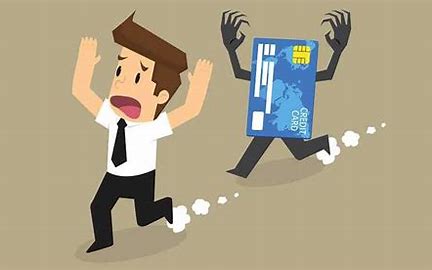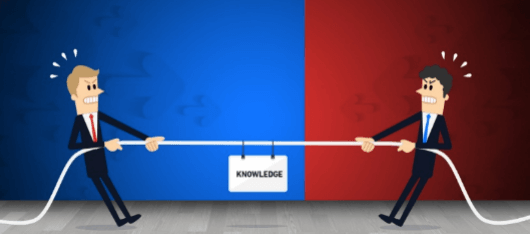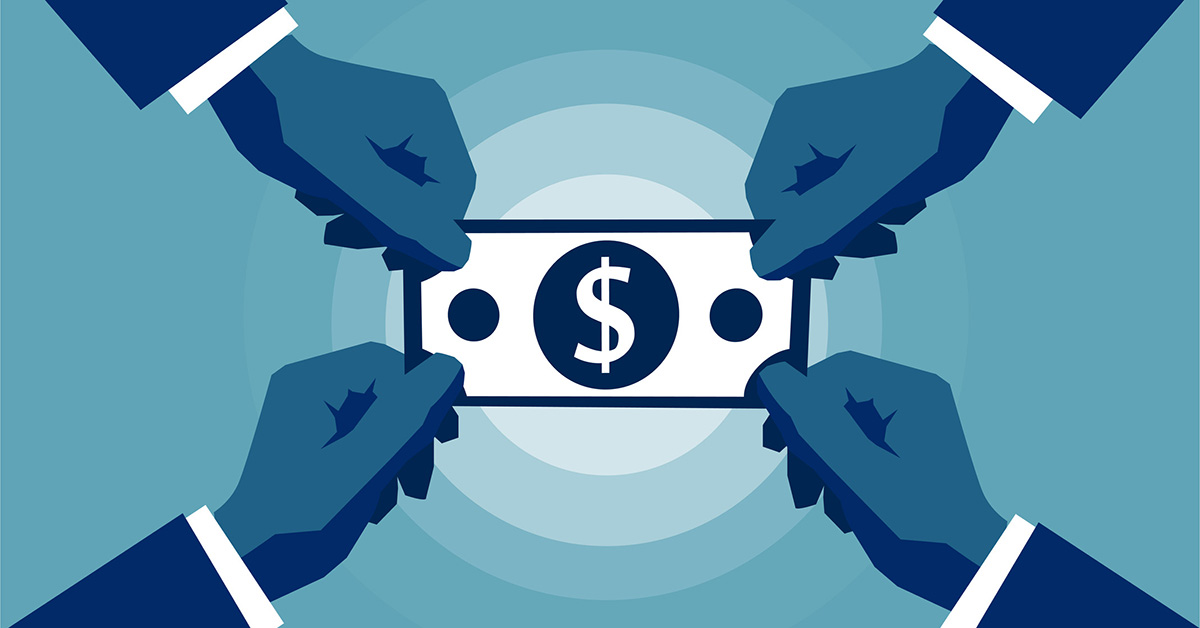4 reasons why you keep saving without success
"If you don't earn enough to spend, let's talk about saving!"
"What's the point of saving when inflation causes money to depreciate!"
Have you never had a savings account or always have to pay off your savings earlier than the deadline because… lack of money to cover? Let's find out 4 reasons why we always save but fail!
The scenes of inviting each other to eat, shop after work, order milk tea from technology applications are the "scenario" often seen in many young unmarried people. Because "I've worked hard for a whole month, I need to enjoy the fruits of my labor", so a couple of hundred thousand or a million dong flew away in an instant as soon as the salary "returned to my wallet".
Not to mention, repaying credit cards or loans in the month also leaves you with no money left to save. Every excuse given to excuse yourself for not being able to manage your finances sounds very legitimate.

However, according to financial experts, you need to clearly determine your social position as well as the appropriate spending level for your position instead of "stretching your hand over your forehead" and falling into an "empty pocket" situation. have to borrow. For example, if you are an office worker with an income of about 10 million/month, you should not buy expensive items, play in luxury restaurants like a department head with a salary of 30-40 million/month. What’s more, it is deserved to be kept in mind that the correct choice to save money is not equal to mix up what saving is and what spending is. As a matter of fact, the rule should be that spending is the part of money after you have saved.
For those of you who love shopping, managing the "inspiration" of shopping according to the principle of "30 days of love" will help you save quite a bit of money. According to this principle, when you love something, don't rush to own it and wait to see if in 30 days you still like the item or not. Plus, the 30-day wait may lead you to find places that sell this item at a "better" price or hunt for an unexpected promotion.
"If you don't earn enough to spend, let's talk about saving!" In fact, low income is not the "culprit", but the habit of "doing what you do, stirs up the same" and thinking "I can't save" that makes you unable to save.

To start a savings plan, you need to know how much you earn and how much you need to spend each month. After writing down your total income each month, estimate all the fixed expenses required for housing, electricity, water, food, transportation, etc. Then, subtract the amount you have. must spend to see the maximum amount you can save.
You can also apply the financial management formula "6 jars" (JARS system) of Harv Eker - author of 2 best-selling books worldwide, "Secrets of the Millionaire Mind" and "Get Rich". fast".* JARS method divides your monthly income into 6 jars. Each jar will have a certain name and function including necessities (55%), education (10%), enjoyment (10%), financial freedom (10%), long-term savings (10%) ) and help others (5%). It is noted that, no matter what kind of money you gain, such as profit, bonus, your salary per month or anything else, you should make a plan to save or spend. That is to say, you should divide them into several different parts. When you have done so for many times, you will find yourself accustomed to do in this way, which is called habit.
If your expenses are too large, equal to or even more than your income, making it difficult for you to borrow every month, you should think of an income increase plan. This is the only way you can save after spending the bare minimum for necessities. In addition, we often think that we will start saving later or when we have enough money. But the concept of "later" or "abundant enough" are qualitative concepts, if you wait until you are ready to start, you will never start. Learn to start saving from the smallest number and multiply it over time because "small accumulation" will always "great". Not to mention, forming and cultivating the habit of saving will help you build a good character for financial management in the future. Never underestimate small beginnings, friends!

Personal finance experts advise: “The best way to keep money is to let it work for you.” So, if you have some "free" money, instead of keeping it in a closet that will cause it to depreciate, you can set up a savings account.
(Writer:Frid)





